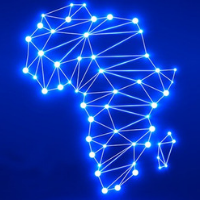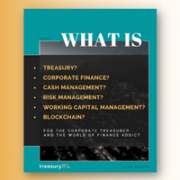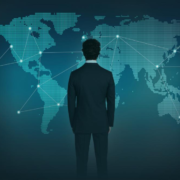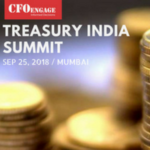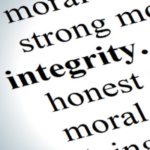African countries open for blockchain acceptance
| 04-09-2018 | Carlo de Meijer | treasuryXL

Even though Africa did not get a lot of attention in the press when talking about blockchain and its acceptance on this continent for long, that is fundamentally changing. Did you know that last year African countries had the highest number of online searches for “blockchain” and “bitcoin” last year. This especially goes for Ghana and South Africa. And did you now that a growing number of blockchain events and conferences have been organised throughout the continent.
There are various developments on the African continent that indicate the growing interest for blockchain. We are seeing some impressive inroads on the use of blockchain in various African countries. In those countries local tech startups have taken up blockchain technology to counter many of the economic and political issues that exist within the continent today.
In this blog I will be diving somewhat deeper into why it may be important for Africa to use blockchain, what are the main use cases and what blockchain initiatives, experiments and projects have been launched both by governments, financial institutions and companies.
Why blockchain in Africa?
To date, blockchain adoption has been sporadic across Africa, but that is changing. Studies have found out that blockchain technology could solve a number of fundamental political and societal challenges facing Africa.
One of the main pulls of blockchain technology in Africa is that it is decentralized, and transparent, leading to many possible use cases based on combating corrupt political and voting systems. In South Africa (but also in other African countries), where corruption is undermining the image of Africa’s most advanced economy, blockchain could play an important role. By implementing blockchain’s “tamper-proof” record of transactions in both the public and private sectors, one could combat fraud and corruption across the whole region.
Blockchain technology through social media based models could also contribute to a more open and inclusive economy. This opportunity is particularly relevant for Africa, where a large portion of the population is excluded from the formal economy, because they can’t open a bank account, don’t have a birth certificate, passport, driver’s license, etc. Blockchain may help to overcome many of these challenges.
Foreign aid and charity donation do not (yet) reach its full potential. Less than 40% of charity money reaches the intended beneficiary in Africa. But also the use and distribution of medicines and food by the many NGOs is far from optimal. Using blockchain could make these streams much more transparent.
And there are many other economic and financial areas including agriculture, where African countries are behind Western countries, in which blockchain can help Africa accelerate into the future.
Read the full article of our expert Carlo de Meijer on LinkedIn

Economist and researcher

